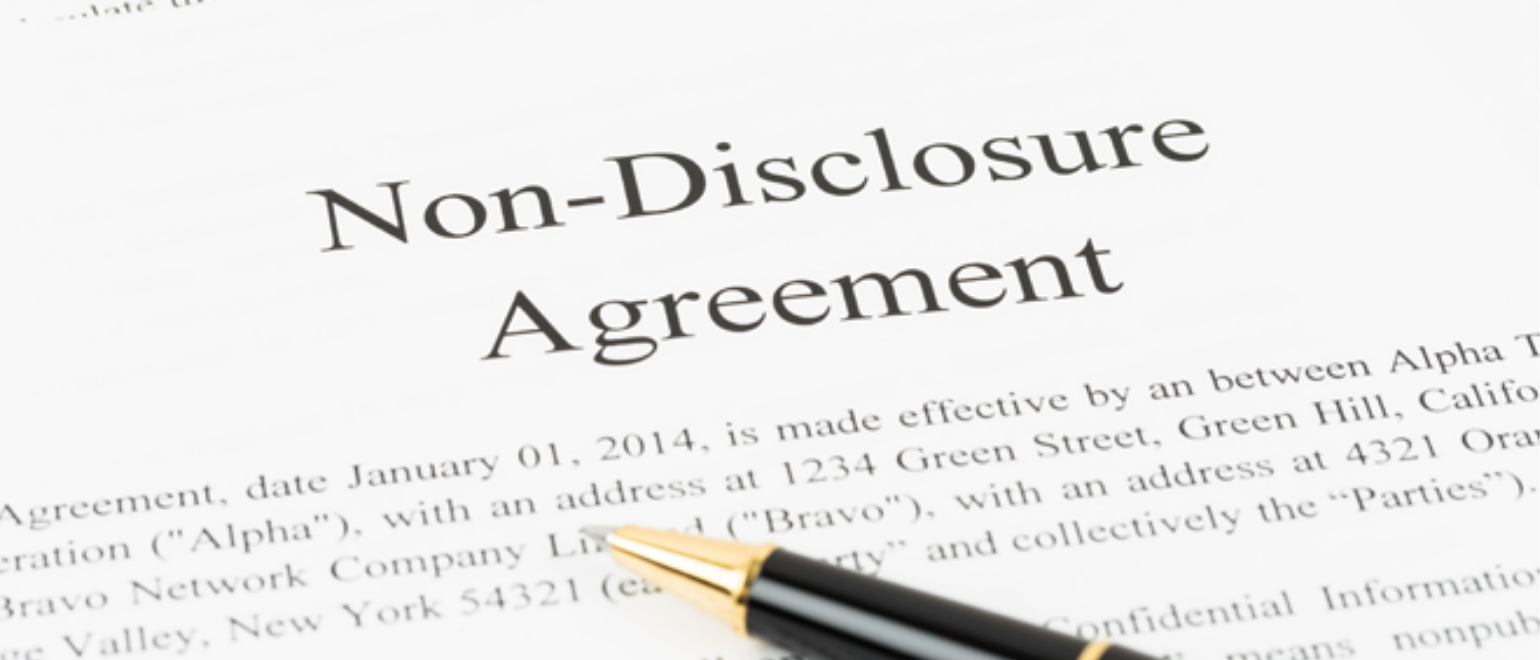The recent decision by the U.S. Court of Appeals, Sixth Circuit, Caudill Seed & Warehouse Co. v. Jarrow Formulas, Inc., illustrates the flexible approach taken by courts when considering the calculation of compensatory damages in trade secrets cases. No. 21-5345, 2022 WL 16846585 (6th Cir. Nov. 10, 2022) There, the Sixth Circuit affirmed a jury’s compensatory damages verdict which awarded the plaintiff its research and development costs for its misappropriated trade secret even though the underlying trade secret was not destroyed through disclosure or other means. Id. at *15.
Continue Reading Reap What You Sow – Sixth Circuit Affirms Recovery of Research and Development Costs to Agricultural Company in Trade Secret Case






